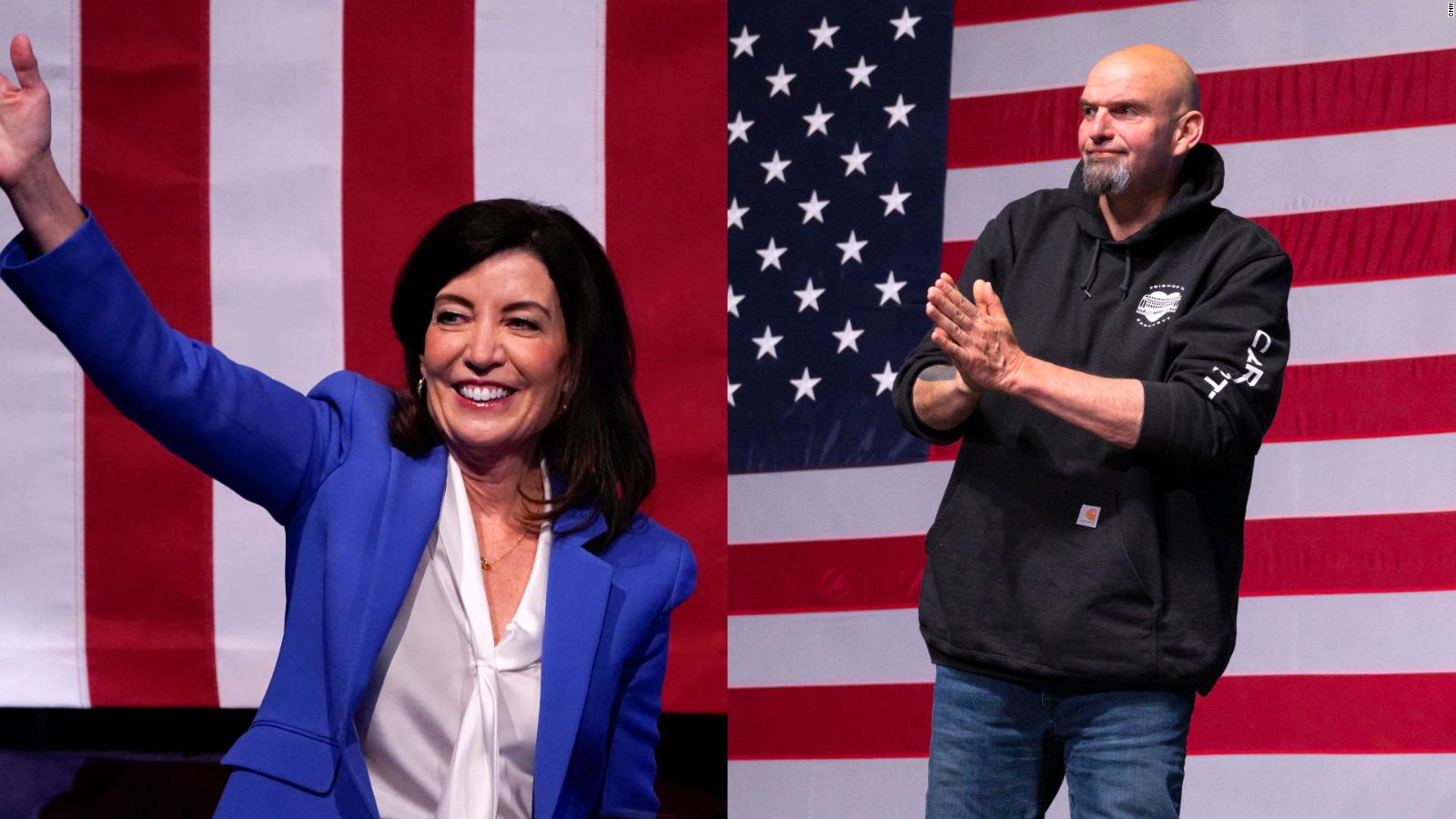Geneva.- Nearly a hundred companies produce vaccines globally, but only 10 represent 80 percent of the market, according to an analysis presented by the World Health Organization (WHO) which also highlights how the sector almost quadrupled in value during the pandemic.
Of the 5.8 billion doses distributed in 2019, the last year before the pandemic, it increased to 16 billion in 2021, and the market value of these has grown from 38 billion dollars three years ago to 141 billion. dollars from the previous fiscal year, according to the report.
Among the 10 companies that control four-fifths of the global vaccine industry, there are eight that have increased their business by producing anticovid vaccines owned or licensed by other companies: Pfizer, Moderna, the Serological Institute of India, Bharat Biotech, AstraZeneca, Haffkine, CNBG (Sinopharm) and Sinovac.
The other two, GSK and Sanofi, are companies with a long tradition in the sector that have jointly studied anticovid vaccines, although they have not yet passed all clinical tests.
Read also: Covid 19: inhalable vaccines, the alternative to injections that some countries are using
What else does the report say?
The WHO market report denounces that for many diseases “only two or three producers guarantee most of the supply”, contributing to concentration and almost monopolistic practices that “contribute to health problems and lack of access, especially in Africa and Middle East”.
The study also denounces the lack of interest in vaccine research for particularly striking diseases developing countriessuch as lassa fever or the zika virus, in contrast to the strong investment and research effort that was deployed during the covid pandemic.
The process of developing vaccines against this disease “has been reduced to 11 months, when it takes an average of 10 years and had never been shorter than four years before,” the report highlighted, which stressed that the experience of the pandemic has shown that with the will Many obstacles in the industry can be reduced.
However, even in the case of covid vaccines, many inequalities have been noted, as evidenced by the fact that of the 15 billion doses administered since vaccination began, only 12% were distributed by the COVAX humanitarian programorganized by the WHO and other agencies.
Read also: Pfizer prepares the combined vaccine against Covid and flu
To solve these challenges, the CEO of WHOTedros Adhanom Ghebreyesus “, invites at the beginning of the report, among other things, to” build a more favorable climate in the field of intellectual property, with technology transfers “.
The report points out that free market dynamics “are not optimal” to meet social and health demand for vaccines, suggesting “government oversight of vaccine production and distribution”, which will require diplomacy and international cooperation.
sign up here to receive our newsletters on today’s news, opinions, weekend options, Qatar 2022 and many other options directly in your email.
mcc


